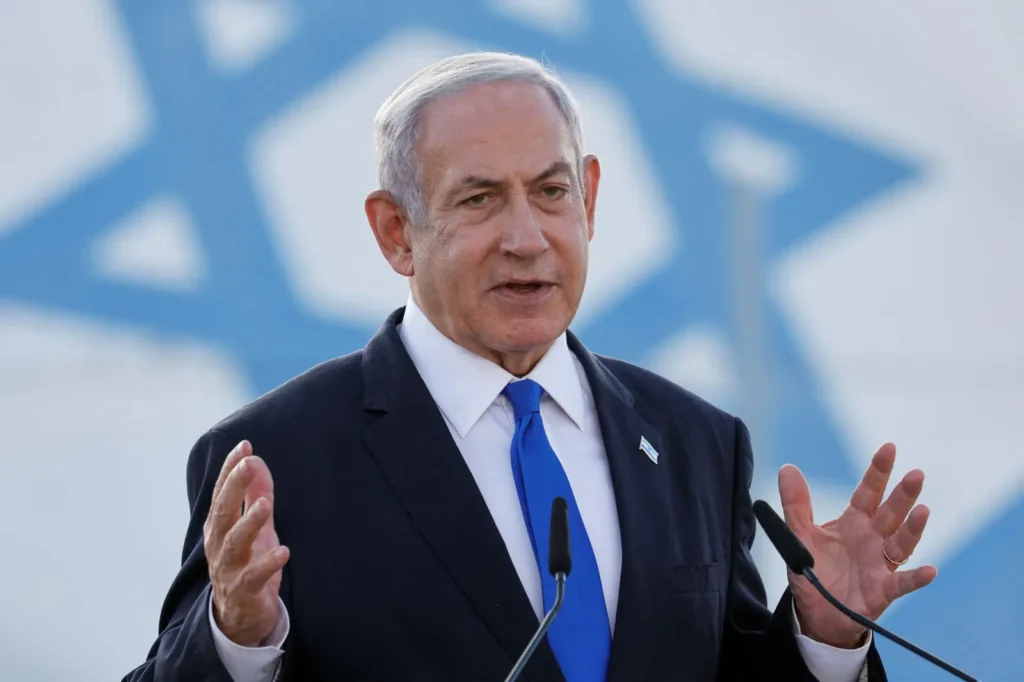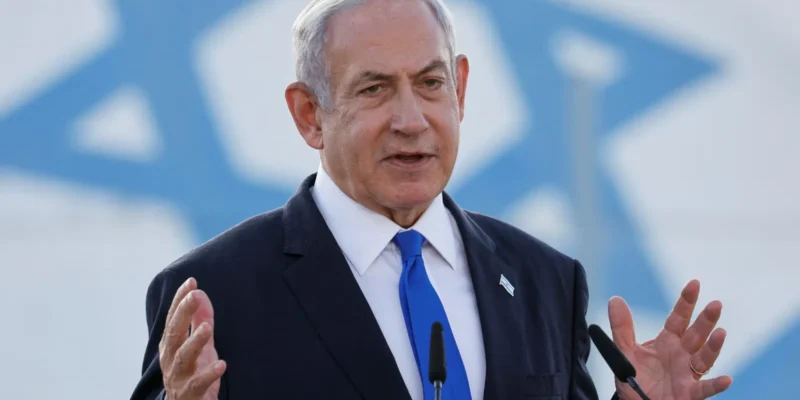
Trump says Iranian nuclear sites ‘completely destroyed,’ but US intelligence calls that ‘flat-out wrong’
Israel and Iran have agreed to a ceasefire following 12 days of intense cross-border strikes, marking the most destructive direct confrontation in the history of their long-standing shadow war. The truce, announced on Tuesday, comes after U.S. President Donald Trump ordered a series of bunker-busting bomb attacks on Iranian nuclear facilities over the weekend.
Following the announcement, Israeli Prime Minister Benjamin Netanyahu addressed the nation, declaring a “historic victory” and claiming Israel had “thwarted Iran’s nuclear project.”
“If anyone in Iran tries to rebuild it, we will act with the same determination, with the same intensity, to foil any attempt,” Netanyahu vowed.
However, a classified preliminary report from the U.S. Defense Intelligence Agency challenges Israel’s and Trump’s claims. According to sources familiar with the report, the American airstrikes only delayed Iran’s nuclear program by a few months and failed to destroy its key centrifuges or enriched uranium stockpile. Some entrances to underground facilities were sealed, but the core infrastructure reportedly remained intact.
Despite these findings, Trump dismissed the assessment, insisting via his Truth Social platform that “THE NUCLEAR SITES IN IRAN ARE COMPLETELY DESTROYED!” White House Press Secretary Karoline Leavitt also rejected the report’s conclusion, calling it “flat-out wrong” and praising the “perfectly executed mission.”
Israel began its campaign on June 13, targeting Iranian nuclear and military sites, including the killing of scientists and senior officials. Iran responded with a barrage of missile strikes that left 28 Israelis dead, according to official figures. In contrast, Israeli strikes killed at least 610 Iranian civilians and wounded over 4,700, Iran’s health ministry reported.
Iranian President Masoud Pezeshkian expressed cautious willingness to return to nuclear negotiations but reaffirmed Iran’s right to pursue peaceful atomic energy. “We will assert our legitimate rights,” he said.
Tensions reached a peak when the U.S. launched strikes on underground Iranian sites—attacks made possible by advanced bunker-buster bombs not available to Israel. Iran retaliated by targeting the largest U.S. military base in the Middle East, but Trump dismissed the move as “weak” and thanked Tehran for giving advance warning.
Public sentiment in both countries reflected a desire for calm. “Everyone is tired. We just want to have some peace of mind,” said Tammy Shel, a resident of Tel Aviv. In Iran, uncertainty remains. “I don’t know if the ceasefire will hold,” said Amir, 28, who fled Tehran for the Caspian Sea coast.
The ceasefire has been cautiously welcomed internationally. Saudi Arabia, the European Union, and Russia expressed hope for stability, though French President Emmanuel Macron warned that Iran might resume secret uranium enrichment following the attacks.
With the ceasefire in place, Israel’s military chief Eyal Zamir said attention will now shift back to Gaza. Political leaders, Palestinian officials, and hostage families have all called for a complementary truce in the Palestinian territories.
While Netanyahu hails victory and Trump defends his military decisions, the debate continues over the true impact of the campaign on Iran’s nuclear ambitions—and whether peace in the region can endure.

Comments